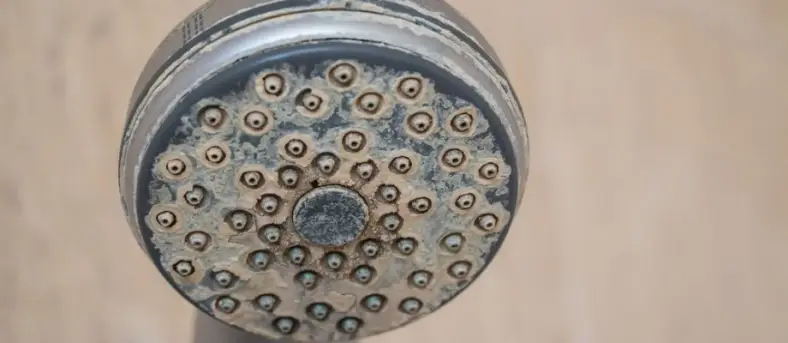As Arizona residents, we know the struggles of having hard water: spotty dishes, dry skin after showering, and scratchy towels even after using fabric softener. The excess of calcium, magnesium, and other minerals in the water makes it hard. Hard water isn’t harmful, but it can be inconvenient.
A water softener can help change hard water into soft water, making your life easier. Water softeners work by removing the minerals from the water, making the water in your home soft. There are many types of softeners to choose from, but we’ve picked the top ones that are the most effective.
What Are the Most Efficient Water Softeners?
Hard water is an ongoing problem in cities across Arizona, but water softeners could be the right solution for you. While there is no objective best water softener, we’ve picked some of the most efficient types of water softeners.
We’ll address each softener’s advantages and disadvantages and how they work. Based on your situation, you can decide which is best for you, and we’re always ready to help if you need more information to make your decision.
Ion Exchange Water Softeners
An ion exchange softener is also known as a salt-based softener because salt is a necessary component for it to work. An ion exchange softener consists of two tanks; one is filled with resin beads. The resin beads are made of a plastic called polystyrene that catches the minerals in your water. The other tank that is filled with salt helps clean the beads when they get caked with minerals from the hard water.
The salt in ion exchange water softeners is dissolved chloride salt, which is commonly called brine. A disadvantage of a salt-based softener is that you will have to buy bags of salt when it runs out, which is typically every 6-8 weeks. However, you will not have to replace resin as frequently because it can last up to 10 years.
Advantages:
- Resin beds last for 10 to 15 years
- Considered to be more efficient at removing hard water
Disadvantages:
- Requires salt replacements every 6-8 weeks
Dual-Tank Water Softeners
A dual-tank water softener, or twin tank softener, is an ion exchange softener with two resin tanks. The extra resin tank guarantees that you will have soft water 24 hours a day. This is because while one resin tank refreshes the resin beads, the other is ready to use. A twin tank softener works the same because it’s just an ion exchange softener with an extra resin tank.
While the dual-tank still uses salt, it can soften a higher amount of water. So if you know that you use a lot of water, a twin tank softener may be the right choice for you.
Advantages:
- Provides fresh, soft water all day and night
- Soften larger volumes of water
Disadvantages:
- Takes up more space
- Tends to be more expensive
Changes You’ll Notice With Soft Water
You may have been showering or cooking with hard water for so long that you don’t know what it’s like to have soft water. Soft water has many benefits that can improve your everyday life. As for cooking, soft water can help you make more natural meals in a short period of time.
Cooking changes with soft water can include:
- Food cooks faster: Hard water raises the boiling point of water, causing food to take longer to boil. When you switch to soft water, you’ll find that cooking your favorite foods will take less time.
- Brighter vegetables: Whether you’re washing or boiling vegetables, hard water can make them fade in color because of their alkalinity. Soft water doesn’t affect the color of vegetables so it keeps them bright and natural.
- More tender food: Hard water makes foods like rice, dough, and green beans harder because of the excess calcium in them. Soft water doesn’t have excessive minerals, so your foods will be easier to eat.
Soft water can also help your hair and skin. Installing a water softener in your home can bring additional benefits to your self-care routine that can increase your confidence.
Skin and hair changes with soft water:
- Fewer skin flare-ups: Hard water and eczema don’t mix well or any skin condition. The excess minerals in hard water can damage the skin causing it to be dry and itchy, which could lead to the development of a skin condition like eczema. Soft water won’t hurt your skin and can rejuvenate it.
- Silkier Hair: Hard water doesn’t help your hair. The minerals in it can make it harder to rinse out shampoo and conditioner, leaving a build-up on your scalp. On the other hand, soft water can get to the roots of your hair easier and rinse away any product.
Still Need Help Deciding or Installing? We Can Help!
If you’re still unsure which water softener to get or just want more information, our plumbers at Plumbing by Jake are ready to help. We can also help determine the size of water filter you may need based on your water consumption and the amount of space you have available in your home.
After you decide, we can help with water softener installation and provide you with tips on how to get the most out of your softener. If you have any questions, call us or use our contact us form on our website to talk with a service expert.

